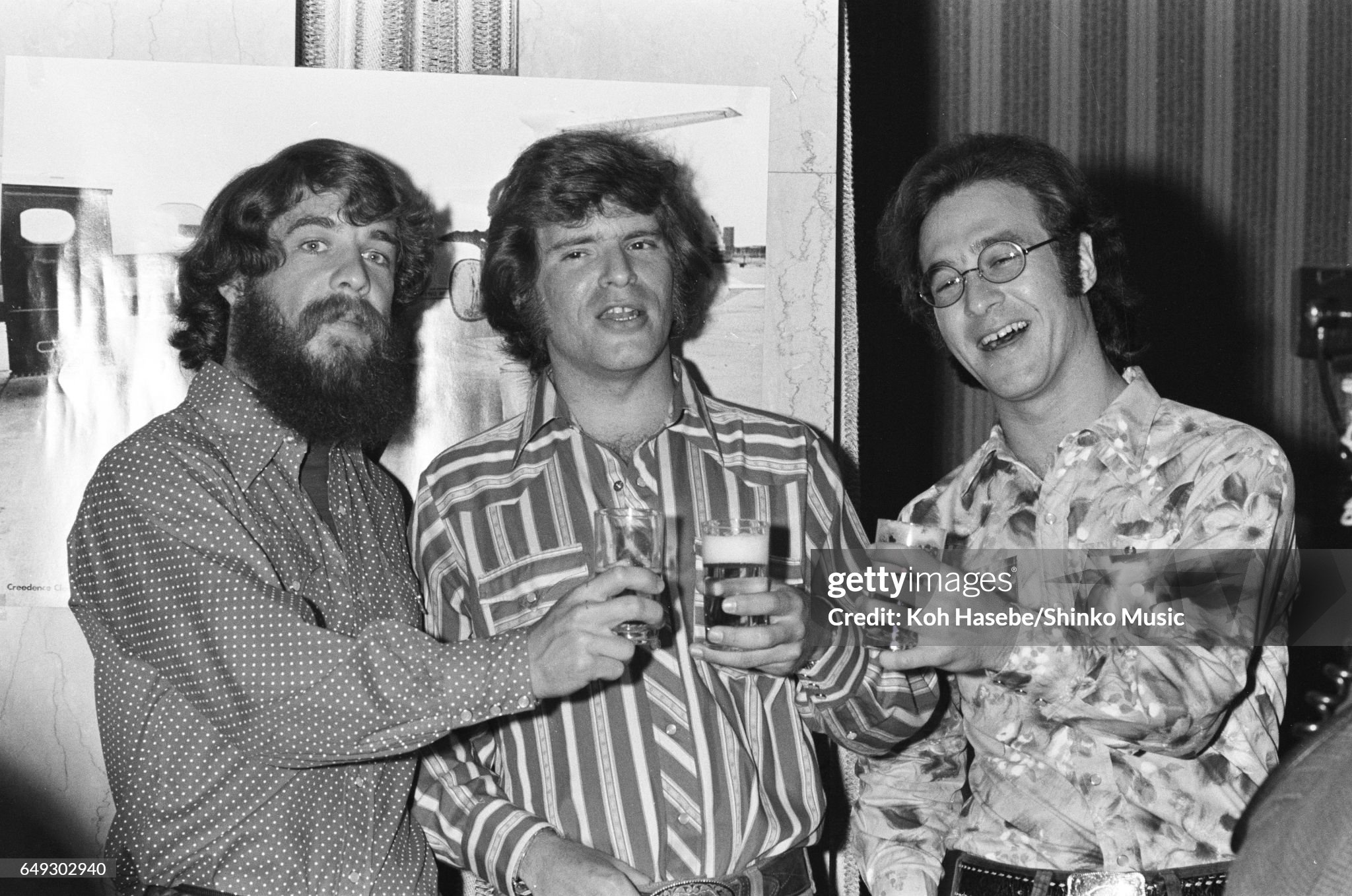
“Born on the Bayou” is a memory half-lived and half-invented—Creedence Clearwater Revival summoning a Southern past that never quite was, yet somehow feels truer than fact.
When Creedence Clearwater Revival released “Born on the Bayou” in January 1969, it emerged not as a single chasing radio dominance, but as the opening track to their breakthrough album Bayou Country. That placement alone tells you how seriously the band regarded it. Before the hits arrived, before the hooks tightened their grip, CCR wanted you to step into an atmosphere—to feel humidity in the air, darkness at the edges, and a voice rising from somewhere between memory and myth.
Bayou Country, released by Fantasy Records, would go on to peak at #7 on the Billboard 200, eventually becoming one of the defining albums of late-1960s American rock. But “Born on the Bayou” wasn’t issued as a commercial single at the time, and it carries no original chart peak of its own. Its importance lies elsewhere. This song didn’t need a ranking; it needed time. It needed to seep into the culture slowly, like fog lifting off water at dawn.
Written by John Fogerty, the song is one of rock music’s most fascinating acts of imaginative geography. Fogerty was not born in Louisiana. He grew up in El Cerrito, California, far from cypress trees and river bends. Yet listening to “Born on the Bayou,” you would swear the singer had lived his whole life within earshot of frogs, night winds, and distant drums. That tension—between lived reality and emotional truth—is the song’s quiet genius.
Fogerty once described the song as “a fantasy of the South”, and that fantasy is deliberate. This is not documentary music. It’s emotional storytelling. The bayou becomes a symbol rather than a place: a space where identity feels rooted, where ancestry speaks through sound, where the night holds both danger and belonging. The narrator doesn’t brag about this birthplace; he states it, almost defensively, as if daring the world to question him.
Musically, “Born on the Bayou” moves like something ancient and restless. The rhythm lumbers forward, heavy and patient. The guitar tone is swamp-thick, drenched in echo, while the percussion feels ritualistic—less like a rock beat and more like footsteps circling a fire. Fogerty’s vocal delivery is especially striking: part incantation, part confession. He doesn’t sing about the bayou; he sings from inside it.
Lyrically, the song is sparse but evocative. Images arrive like flashes in low light: chasing catsfish, watching trains roll by, hearing something stir in the dark. The repeated line—“Born on the bayou”—works almost like a chant, reinforcing identity through repetition. It’s not about proving where you’re from. It’s about asserting who you are when the world presses in.
The meaning of “Born on the Bayou” deepens when you place it within its cultural moment. Released at the dawn of 1969, America was fractured—politically, socially, spiritually. Many artists responded by looking outward, confronting institutions and authority. CCR did something different. They looked inward, toward imagined roots, toward a sense of belonging older than the present chaos. The bayou, in this sense, becomes a refuge—not safe, not gentle, but grounded.
And there is something quietly powerful about that choice. Instead of utopian dreams or futuristic visions, Creedence Clearwater Revival reached backward—toward folk memory, blues lineage, and the raw textures of American music’s past. “Born on the Bayou” doesn’t idealize the South; it mystifies it. It understands that places of origin are rarely comfortable, but they are formative. They shape your instincts, your fears, your resilience.
Over the years, the song has grown in stature, becoming a staple of CCR’s legacy and a frequent opener in retrospective collections. Its influence can be heard in countless artists who learned that you don’t have to be born somewhere to sing its truth—you only need to understand its emotional weather.
In the end, “Born on the Bayou” is less about geography than identity. It’s about claiming a voice that feels ancient even when it’s newly spoken. About inventing a past because the present feels unmoored. About standing in the dark and saying: this is where I come from, even if that place exists only in the sound of a song.
And somehow—against logic, against biography—it feels honest. Because sometimes the truest birthplace isn’t on a map.
It’s in the music that raised you.